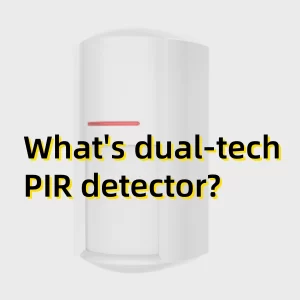What’s is zigbee 3.0?
Zigbee 3.0 is a wireless communication protocol that is used for smart home and Internet of Things (IoT) devices. It builds on earlier versions of Zigbee, unifying all previous Zigbee profiles into a single standard. This means that devices from different manufacturers that follow Zigbee 3.0 should be able to communicate with each other more seamlessly.
Key Features of Zigbee 3.0:
- Interoperability: It ensures that devices from different manufacturers can work together without compatibility issues.
- Low Power Consumption: Designed for devices that require long battery life, such as sensors and remote controls.
- Mesh Networking: Zigbee 3.0 supports mesh networking, where devices can relay information to each other. This extends the range of the network and ensures that signals can navigate around obstacles.
- Security: Enhanced security features, including encryption and key management, to protect data transmitted across the network.
- Scalability: Can support a large number of devices within a single network, making it suitable for both small and large installations.
Common Uses:
- Smart lighting systems
- Smart thermostats
- Door locks and security systems
- Sensors (e.g., motion, temperature, humidity)
- Home automation hubs
The biggest advantage of zigee3.0 is to support the interconnection and compatibility between different manufacturers, different brands of gateways and related accessory products.
For example, you got A brand gateway and support zigbee3.0, and you got anther zigbee3.0 accessory products like alarm sensors, detectors or smart locks,etc from B/C/D…brand/manufacturer, and you can connect it them all in together.
